How Much Income Do You Need to Buy a House?
Buying a home is a significant financial commitment. Understanding your financial standing and the economic implications of homeownership is crucial. We are here to provide concrete information and professional insights to equip you with the knowledge you need to assess how much income is necessary to buy a house.
Evaluating Financial Health
Income Assessment: A Quantitative Approach
It’s essential to have a clear view of your total income. This includes your base salary and additional income sources like bonuses, investments, and other financial gains. The cumulative income is a vital factor in determining your ability to afford a mortgage and other related costs.
Analyzing Expenses
A detailed breakdown of monthly expenses is key in identifying the amount of disposable income available. By subtracting monthly expenses from total income, you can calculate the net income available for mortgage payments and other housing costs.
The Role of Debt-to-Income Ratio
A Key Metric
The debt-to-income ratio is a critical metric in home buying. It’s calculated by dividing total monthly debt payments by gross monthly income. A ratio below 36% is generally deemed acceptable, but lenders often prefer lower ratios, as it indicates less risk of default on the loan.
Insights into Home Affordability
Mortgage Options
There are various types of mortgages, each with its own terms and interest rates. For instance, fixed-rate mortgages offer stability with a constant interest rate, while adjustable-rate mortgages have fluctuating rates. The choice depends on your risk tolerance, financial stability, and how much income you have to buy a house. A good mortgage lender will be able to help you choose the right loan product for your unique situation.
Down Payment Details
The down payment is often a percentage of the home’s purchase price. A conventional loan typically requires a 20% down payment, but there are other loan options, like FHA loans, which can require as little as 3.5% down. However, there are many programs available to assist with your down payment.
Unpacking the Associated Costs
Closing Costs
These are fees and expenses paid at the end of the home-buying process. They can include lender fees, title insurance, and appraisal fees, typically ranging from 2% to 5% of the loan amount. It’s okay to ask about these upfront.
Maintenance and Repairs
Homeownership comes with the responsibility of maintaining the property. Annual maintenance costs can range, but a common recommendation is to save 1% of the home’s value for repairs and maintenance each year.
Building a Financial Safety Net
Insurance and Property Taxes
Homeowners insurance is mandatory, and property taxes are a given. The cost of insurance can vary depending on the property and location. Property taxes are typically determined as a percentage of the home’s assessed value.
Long-term Financial Outlook
The Investment Angle
When considering how much income to buy a house, evaluating the property as an investment is key. Consider factors like property appreciation, market trends, and the potential return on investment.
The LeaderOne Lowdown on How Much Income You Need to Buy a House
Equipped with these detailed insights, you can navigate the financial aspects of buying a home with confidence. The integration of income, expenses, savings, and investments paints a comprehensive picture of your economic readiness for this significant step. For more information or assistance in preparing to buy a home, call the Roller Mortgage Team to get top-tier professional assistance.
Frequently Asked Questions
1. What is the recommended debt-to-income ratio?
A ratio below 36% is typically seen as healthy, although many lenders prefer a lower ratio to reduce the risk of loan default.
2. How can I calculate my disposable income?
Subtract your total monthly expenses from your total monthly income to calculate your disposable income.
3. How do closing costs impact the overall cost of buying a house?
Closing costs, ranging from 2% to 5% of the loan amount, add to the initial investment needed to buy a home, affecting the income required.
4. Can I consider investment income as part of my total income?
Yes, investment income, bonuses, and other sources of income are integral in determining your total income.
5. How does property type and location influence insurance costs?
Insurance costs vary depending on the property’s size, type, and location, with areas prone to natural disasters often attracting higher insurance premiums.
DISCLAIMER: The information provided in this article is for general informational purposes only and is not intended to be a substitute for professional financial advice, analysis, or consultation. Readers are advised to seek the assistance of a qualified financial advisor or lender to obtain personalized advice tailored to their specific financial circumstances and objectives before making any decisions related to home purchasing. The authors and publishers of this content disclaim any liability or loss incurred as a consequence of the use or application, either directly or indirectly, of any advice, information, or methods presented in this article.



